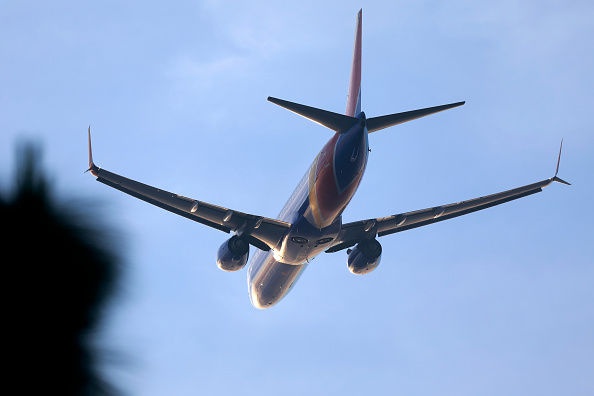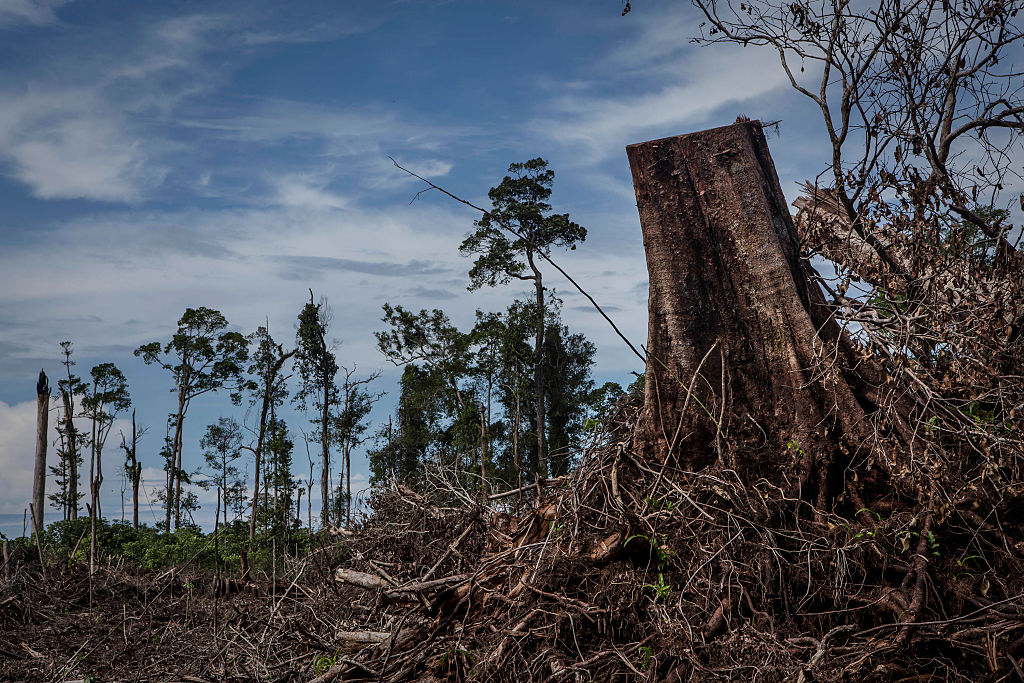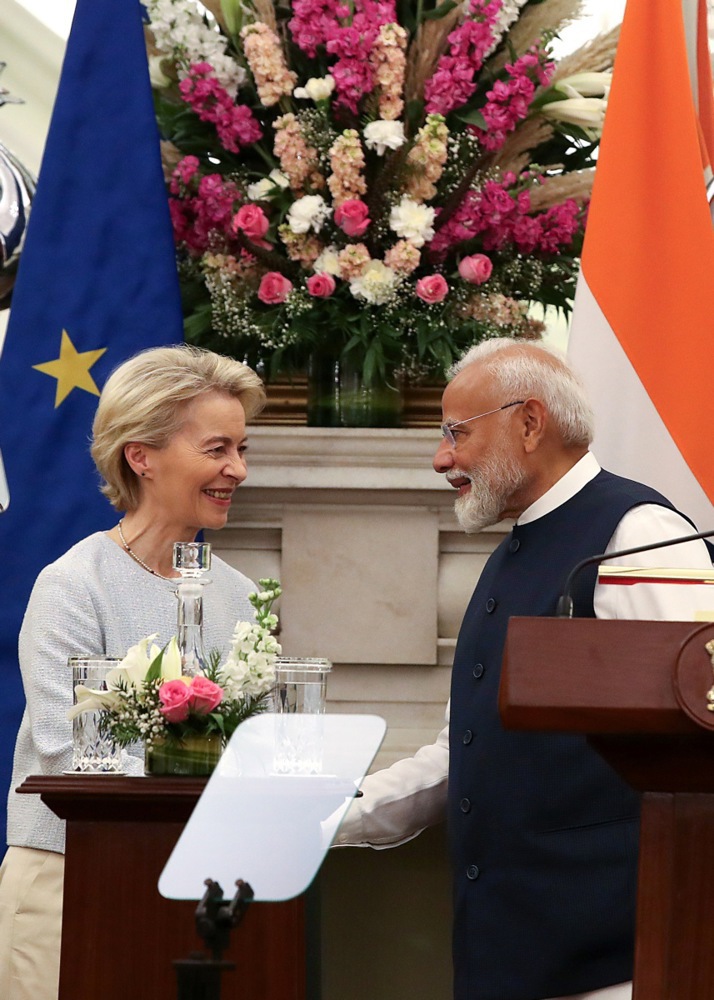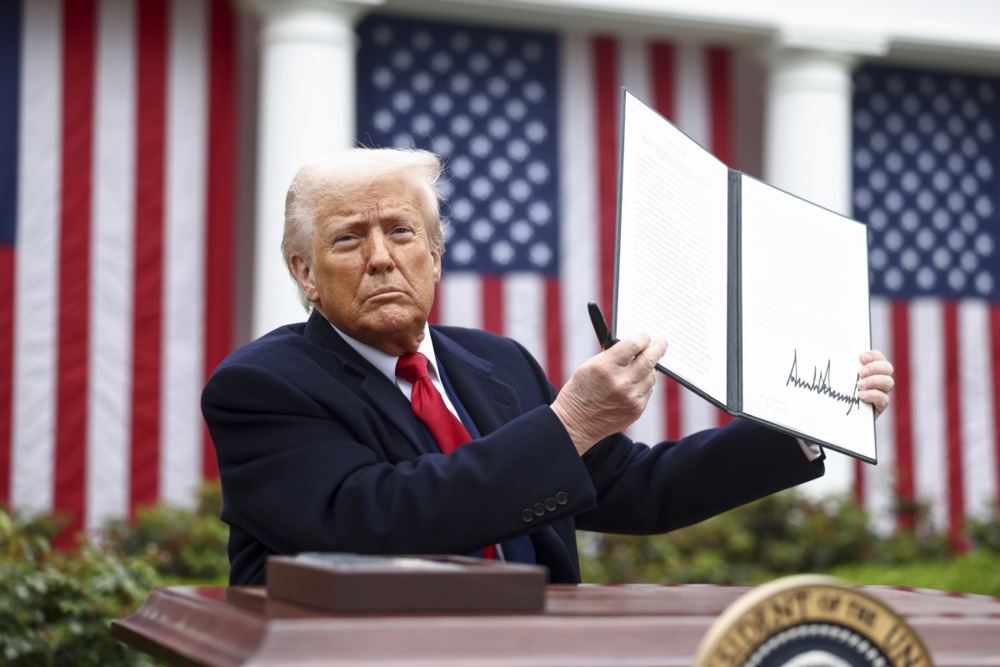German luxury car maker BMW said it expected both Brussels and Washington to back away from escalating trade war threats.
The company’s comments came as the European Commission unveiled on May 8 a raft of retaliatory tariffs should negotiations with US President Donald Trump not succeed.
BMW CEO Oliver Zipse said he believed the” free-trade area between Europe and North America will be restored”, according to Belgian business and economics newspaper L’Écho.
“The highest tariffs do not come from the United States but from the EU,” he told reporters on May 7.
The EC announced it had drawn up a list of US goods worth €95 billion to target if talks ended in failure, Reuters reported. The list included aircraft, cars and car parts, wine, bourbon, medical goods, fish and chemicals.
The EC opened a public consultation on the proposals and is expected to make a final decision after June 10.
The planned duties were a direct response to a wave of tariffs revived by Trump, including a 25 per cent charge on European Union car imports and 10 per cent duties on most other goods — measures that could be increased to 20 per cent if no agreement were reached by July 8.
In April, the EU had approved 25 per cent tariffs on €21 billion worth of US products ranging from maize to motorcycles but held back after the White House announced a 90-day pause on its own tariffs.
European officials said they were also considering export restrictions on €4.4 billion of steel scrap and chemical products that could end up in US supply chains.
They repeatedly said the goal was to deliver a proportionate response, not escalate the dispute.
BMW, which operated its largest global plant in Spartanburg, South Carolina, continued to bank on stability. About half its US sales came from imports but its US factory exported more than $10 billion (€8.8 billion) worth of cars last year.
The company said it had already absorbed a hit in the “low three-digit million euro” range during the first quarter due to EU tariffs imposed on Chinese electric vehicles last October.
BMW held its full-year guidance steady and said it expected 2025 earnings to match those of 2024, driven by strong demand for higher-end models.
Its projections only reflected tariffs in effect until March 12, meaning further escalation could have a material impact.
As the car manufacturer seemed to agree with Trump’s rhetoric that more tariffs would come from the EU, the EC reported figures on the current value of EU-US trade and investment.
“When goods and services are taken into account, the EU has a small surplus with the US of $48 billion [€43.3 billion]; this is the equivalent of just 3 per cent of total EU-US trade of €1.6 trillion,” its report said.
“It should also be noted that the EU has a trade deficit with the US when it comes to trade in services, where the US records a surplus of €109 billion. In this sense, our economies complement each other very well,” it added.
EU officials said US tariffs currently applied to about 70 per cent of the bloc’s goods exports to the US. That could rise to 97 per cent if additional sectors — such as pharmaceuticals and critical minerals — were brought into play, according to Reuters.
While Brussels insisted it would respond if provoked, it has repeatedly said it preferred not to. EU officials have called for de-escalation and said they were prepared to negotiate a “zero-for-zero” deal that would eliminate tariffs on both sides.
The bloc has emphasised its willingness to talk — before and after Trump’s renewed tariffs — and said it still hoped for a proportionate and rules-based outcome.
According to L’Écho, BMW’s first-quarter net profit dropped by 25 per cent, mainly due to a slump in sales in China, its largest market.
The company warned that if Trump’s tariffs are reinstated and Brussels proceeds with its retaliation, the impact could be worse.
Audi, part of Volkswagen Group, echoed BMW’s cautious tone. Speaking at an industry event on May 3, CEO Gernot Döllner said the brand expected some clarity soon on tariff rules and trade talks.
“We expect to have clarity on this in the coming months and also regulations that will make what is currently on the horizon more bearable or manageable,” he said.
Audi had no US production at present but Döllner told reporters that the company planned to decide this year whether to open its own US plant or build vehicles using Volkswagen’s existing facilities.





